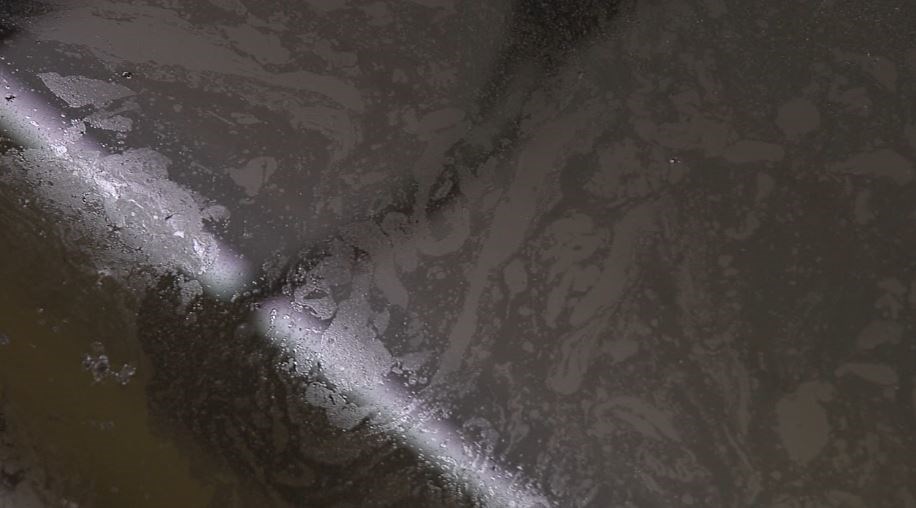Neskantaga First Nation has officially been under a boil water advisory for 28 years.
The boiled water advisory was first declared in 1995 and has led to two total-community-evacuations in 2019 and 2020, which saw every community member displaced for one to three months at a time.
“This is not a celebratory day for our community—the suffering continues, the skin conditions, scars and mental health toll persists,” said Chief Wayne Moonias.
“This milestone is a reminder that we are still in crisis. It is shameful and unacceptable that our community has not been able to have clean, safe, reliable drinking water for the past 28 years.”
First Nations leadership met Wednesday with Indigenous Services Minister Patty Hajdu to discuss several community issues, including the ongoing boil water advisory.
“People don't trust the water coming out of their tap,” Hajdu said. “Some community members, are rightfully afraid, that the water is still not clean, and so we talked about the need to continue to provide programs like Trust the Taps that help people understand what goes into producing clean water.”
Over the past four years, Neskantaga has been working with Canada to address the root causes to the longest boil water advisory in the country by embarking on several projects.
Although some progress has been made on four years of work to-date, it has not enabled a member of our community yet to be able to turn on the tap to receive clean, safe drinking water,” said Moonias.
“It is certainly not the experience of any town or municipality in Canada — it is absolutely unfair for our people to be treated this way.”
Hajdu said that, while the new water plant is complete and producing clean water, the final hurdle before the finish line lies in tests needed to make sure that the plant will operate properly for the foreseeable future.
"It is important that when plants are built, that it's not just about producing clean water today,” she said.
“It's making sure that that plant can withstand the population growth that's anticipated in the community and the kind of demands that will be placed on it as they grow their community and add new infrastructure.”
Along with the boil water advisory, Hajdu and community leadership discussed other needs that the community is facing, such as infrastructure. Neskantaga is only accessible by air travel or ice roads, which makes projects like the new water plant a struggle, according to Hajdu.
“The fact that the community is so remote and relies on ice roads to get equipment and product up to the community and or fly it in, which is very, very expensive for the community,” she said.
“But the good news is the plant is in place, the system is producing clean water. Next week, fingers crossed, the contractor will go into the community to do the test of the of the system to make sure that it meets the standards that it's expected to meet.”
Once the plant has proven to meet standards, Hajdu said her office will continue to work with the community and its leadership to ensure they do have the confidence in the water the system is producing.
